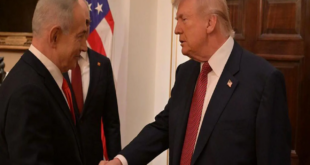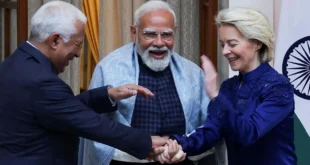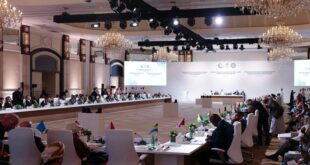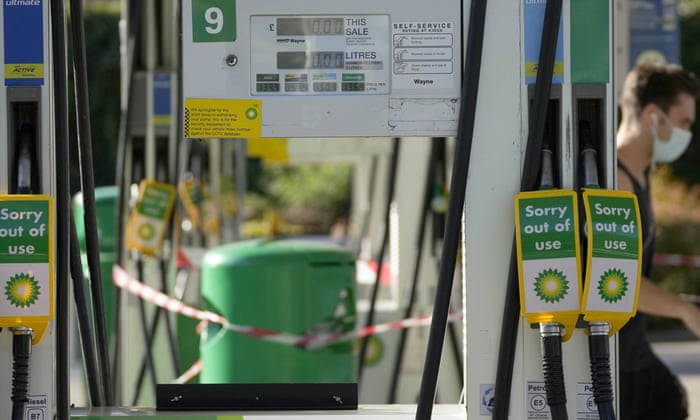
The government’s reserve tanker fleet was being deployed on Wednesday afternoon to boost fuel deliveries, the business secretary said.
Civilians were driving the trucks from their depots in Cambridgeshire and West Yorkshire, Kwasi Kwarteng said.
He has also said soldiers would be delivering fuel in the coming days.
The fuel industry said the situation at the pumps « has begun to improve » and it was working with the government to maintain regular deliveries of fuel.
The joint statement, from 14 companies including Shell UK, BP and Esso, comes after days of long queues at petrol stations.
It said: « We remain confident that the situation will stabilise further in the coming days and encourage everyone to fill up as they normally would to help forecourts return to normal. »
The industry statement also said there had « always been plenty of fuel at our refineries and terminals » and welcomed the deployment of the reserve tanker fleet.
Mr Kwarteng admitted the situation had been « difficult » but denied there was a crisis in UK fuel supplies.
Ministers have decided to deploy troops to drive tankers in « the next couple of days », he said, in addition to the civilians driving them from Wednesday.
Some 150 military drivers are ready to drive the fuel tankers, with another 150 Army personnel ready to support them.
The Petrol Retailers Association (PRA) said there were « encouraging signs » the pressure was starting to ease at the pumps, with forecourts taking further fuel deliveries.
The PRA, which represents nearly 5,500 of the UK’s 8,000 stations, said 27% of sites had run out of fuel on Wednesday – compared with two-thirds being without on Sunday.
Brian Madderson, PRA chairman, told BBC News that while there were « less queues [and] panic buying » there was still « unusually heavy demand ». He said « one or two » petrol station groups were reporting fewer dry sites than on Tuesday.
It would take more than « a day or a few days » to fully replenish stocks at all UK forecourts, he said, but there was still « plenty to go round ».
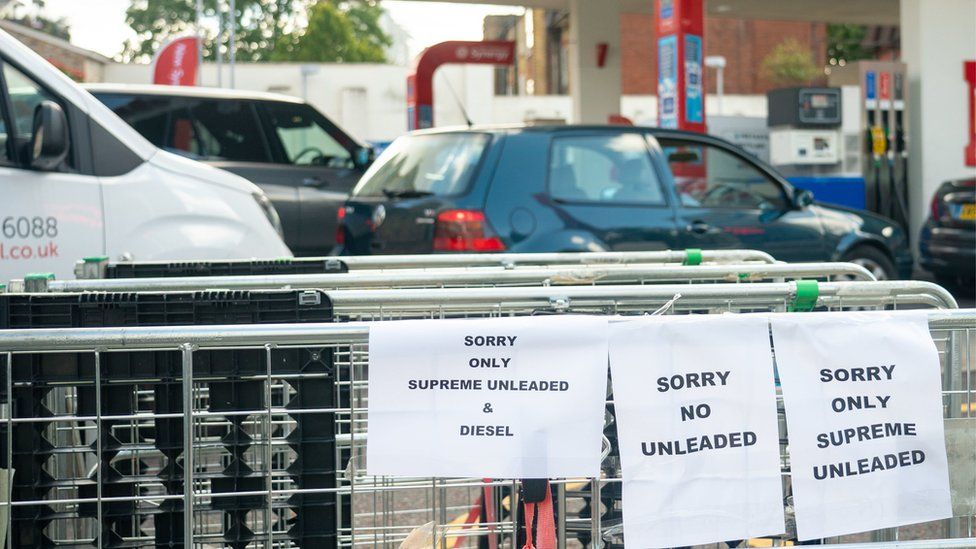
On Tuesday, speaking for the first time since issues began, Prime Minister Boris Johnson also sought to reassure drivers about supplies, saying that people should be « confident » to go about their business.
He said he was not seeking to prioritise essential workers at pumps because things were « stabilising ».
Sir Keir Starmer used his first in-person conference speech as Labour leader on Wednesday to criticise the government’s handling of fuel supply issues.
Referring to the government’s flagship « levelling up » policy to lower regional inequalities, he said: « Level up, you can’t even fill up. »
He accused the government of ignoring the issues, blaming others and delivering « half-baked » solutions with « no plan in place ». Mr Starmer urged the PM to « either get a grip or get out of the way and let us step up to clear up this mess ».

World Opinions News – BBC News




 World Opinion | Alternative Média زوايا ميادين | صوت من لا صوت له Débats De Société, Questions, Opinions et Tribunes.. La Voix Des Sans-Voix | Alternative Média
World Opinion | Alternative Média زوايا ميادين | صوت من لا صوت له Débats De Société, Questions, Opinions et Tribunes.. La Voix Des Sans-Voix | Alternative Média

